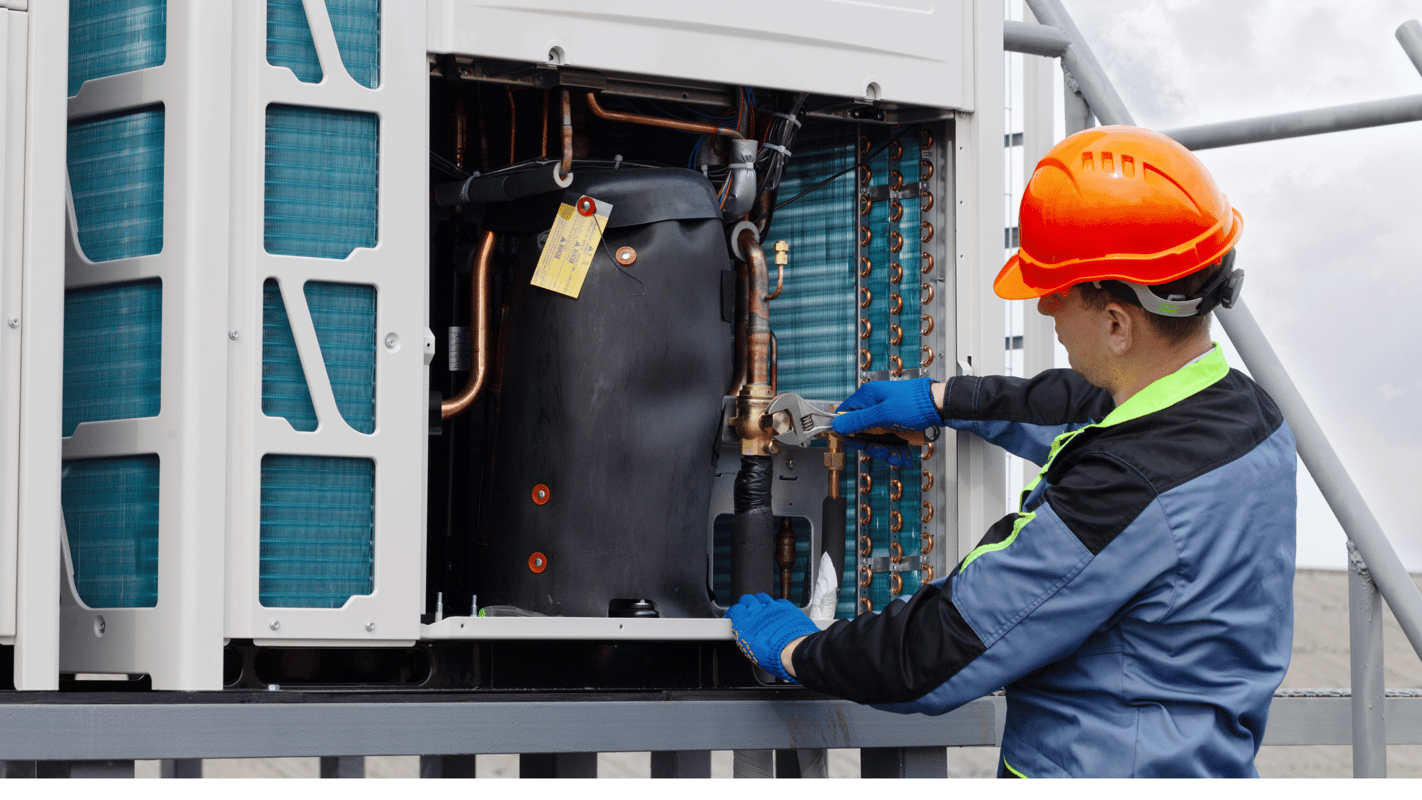How to Become a HVAC Technician in Maryland

What is a HVAC Technician?
HVAC technicians are responsible for the installation, maintenance, and repair of heating, ventilation, and air conditioning (HVAC) systems. Their primary duties include diagnosing and troubleshooting issues, performing preventative maintenance, and ensuring the efficient operation of these systems.
How Do I Get My HVAC Technician Certification?
To become a certified HVAC technician in Maryland, you typically need to complete a formal training program and pass a certification exam, such as the North American Technician Excellence (NATE) certification or the Environmental Protection Agency (EPA) certification for handling refrigerants.
How Do I Get a Job as a HVAC Technician?
Once you have the necessary education, training, and certifications, you can begin searching for HVAC technician jobs in Maryland. Many HVAC contractors and companies actively recruit qualified technicians, and you can also network with industry professionals, check job boards, and apply directly to companies in your local area.
Career Paths and Opportunities after Becoming a HVAC Technician
As a HVAC technician, you can pursue a variety of career paths, including working as a residential or commercial HVAC installer, a maintenance technician, or even starting your own HVAC contracting business. With experience and additional certifications, you may also have the opportunity to advance into supervisory or managerial roles within the industry.
Final Thoughts
Becoming a HVAC technician in Maryland can be a rewarding and fulfilling career path, with the potential for job security, competitive wages, and opportunities for growth and advancement. By completing the necessary education and training, obtaining the required certifications, and actively seeking out job opportunities, you can take the first steps towards a successful career in the HVAC industry.
If this article isn't quite hitting the mark for you, why not give these other articles a try:

Athena is Co-founder and CEO of Dreambound.





